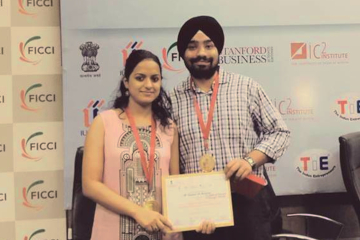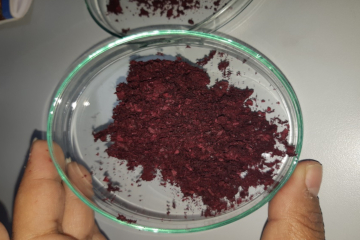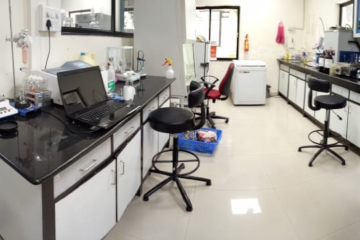KBCols
The Indian start-up KBCols Sciences, founded by Dr. Vaishali M. Kulkarni, is extracting natural pigments and bioactive compounds from microbes and produces a new generation of environmentally friendly and sustainable natural colours. By replacing harmful synthetic colourants, KBCols not only helps improve responsible production of coloured products but also contributes to preventing severe diseases amongst workers within colour using industries. For these reasons, KBCols has been chosen as ISC3 Start-Up of the month for May 2020.
Year of Foundation:
2018
Addresses the following SDGs:
SDG 6 (clean water and sanitation), SDG 8 (decent work and economic growth), SDG 12 (responsible consumption and production), SDG 14 (life below water)
Website:




